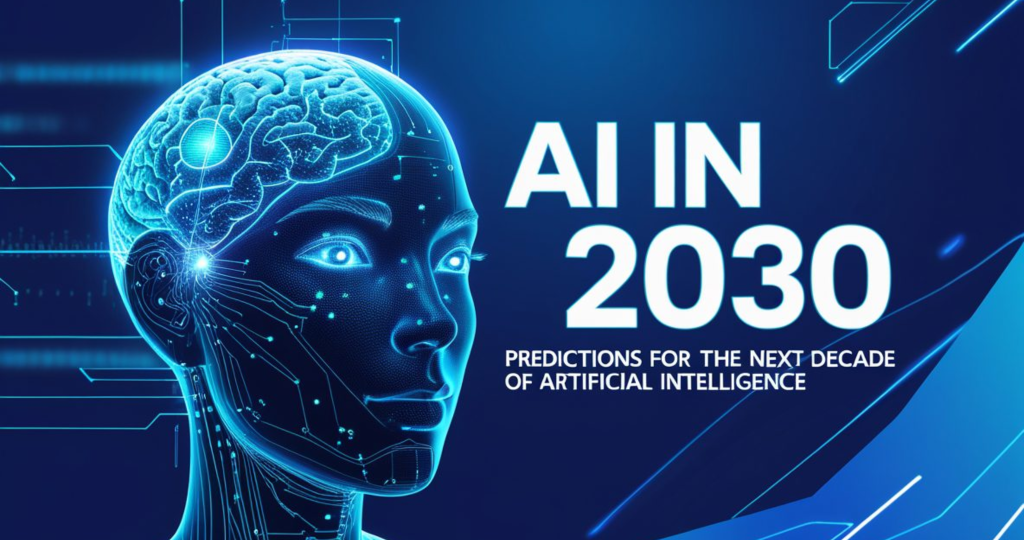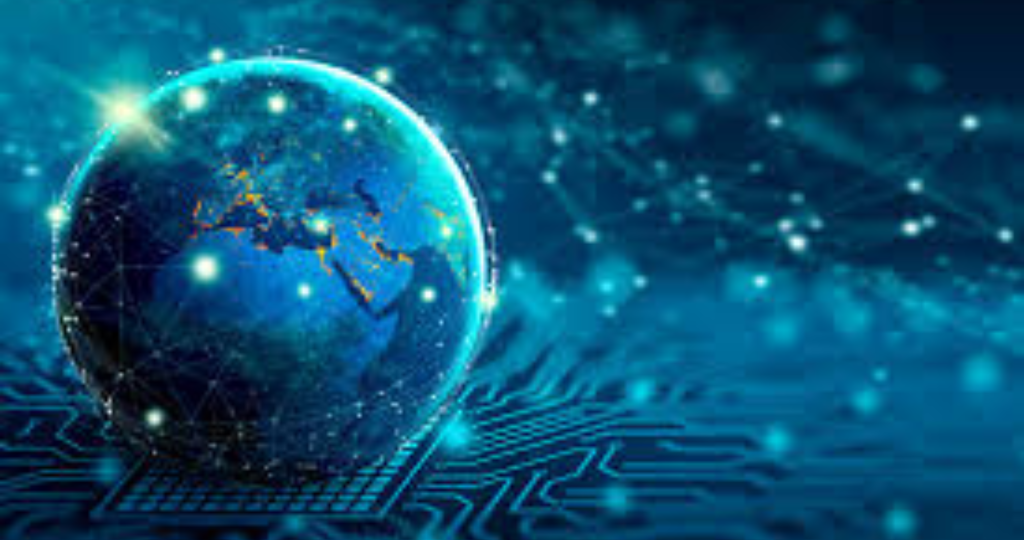From quantum supremacy to brain-computer interfaces, the future of computing is closer than we think.

The Race Towards a New Era
In the fast-paced world of technology, computers have evolved from bulky room-sized machines to sleek devices we carry in our pockets. Now, a new revolution is on the horizon, one that promises to reshape every aspect of human life.
Leading tech giants and research institutions are investing billions into next-generation computing technologies. Experts predict that by 2030, breakthroughs in fields such as quantum computing, artificial intelligence (AI), and sustainable energy solutions will fundamentally alter how we interact with the digital world.
Quantum Computing: Solving the Unsovable
Earlier this year, IBM announced a major milestone in quantum computing, unveiling a processor capable of solving complex problems exponentially faster than any existing supercomputer. “Quantum technology will not replace classical computers but will work alongside them,” says Dr. Eliza Han, a physicist at the Massachusetts Institute of Technology.
The implications are enormous — from unbreakable encryption systems to revolutionary advances in pharmaceuticals and materials science.

Edge and Cloud: A Hybrid Future
Meanwhile, the cloud is moving closer to us. Edge computing — processing data near its source — is poised to reduce latency and enhance privacy for billions of devices worldwide. According to Gartner, by 2025, 75% of enterprise-generated data will be created and processed outside a traditional centralized data center or cloud.
This trend is pivotal for sectors such as autonomous driving, telemedicine, and industrial automation.
AI Everywhere
Artificial intelligence is no longer a distant dream. It is already deeply embedded in daily life, from voice assistants to recommendation engines. In the future, AI systems will anticipate needs, automate decision-making, and provide hyper-personalized experiences across industries.
“The next decade will witness AI that not only responds but also predicts and adapts seamlessly to human behavior,” notes Sophia Lin, Chief Technology Officer at AI startup NeuroNet.
Challenges on the Horizon
Despite the excitement, challenges remain. Quantum computers demand near absolute-zero environments to function. AI raises ethical concerns about bias and job displacement. Data security is becoming more complex as devices proliferate.
Governments and corporations must work together to set frameworks that ensure these powerful technologies are developed and deployed responsibly.
The Road Ahead
The computers of 2030 will likely be invisible, omnipresent, and integrated into every facet of human life. As we stand at the cusp of this technological leap, one thing is clear: the future of computing is not just about faster processors, but about building smarter, more sustainable, and more human-centered systems.
Whether it’s harnessing quantum particles or merging mind and machine, the next decade in computing promises to be the most transformative yet.

Beyond 2030: A Future We Must Shape Together
Looking even further ahead, the boundaries between physical and digital realities will continue to blur. Smart environments, augmented cognition, and decentralized technologies could empower individuals in ways previously unimaginable. However, the direction this evolution takes will depend not just on scientific breakthroughs, but also on the collective choices society makes today.
Will we create inclusive technologies that bridge gaps, or systems that widen divides? Will we prioritize sustainability and human welfare, or sacrifice them for convenience and profit?
The future of computing offers limitless potential — but it demands wisdom, foresight, and a shared commitment to building a world where technology truly serves humanity. As architects of this new era, it is up to all of us — scientists, developers, policymakers, and users — to shape it thoughtfully, ethically, and with hope.
